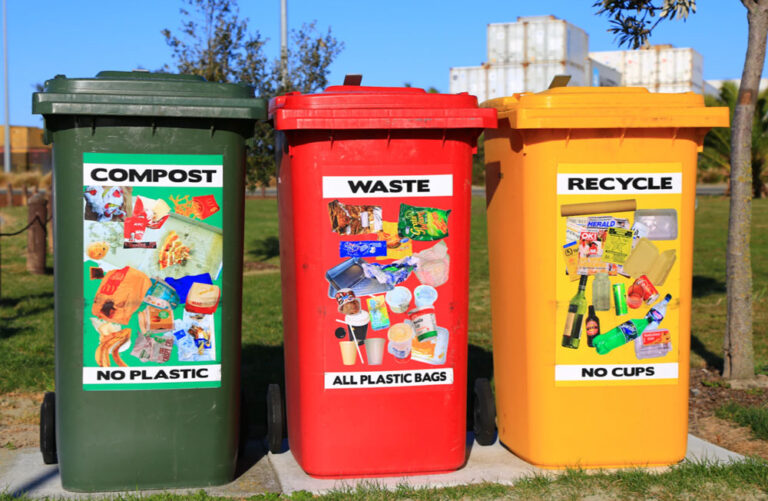Our waste streams are a major cause for concern—not only around the globe, but also in our own backyards. Everyday items such as plastic packaging, single-use plastics, and obsolete electronics are piling up at an unprecedented rate. As recyclable materials accumulate in landfills and other wastelands, this causes land contamination while exacerbating climate change. To tackle this issue head on, it is essential to implement comprehensive domestic recycling programs–which not only provide numerous environmental benefits but can turn these hazardous materials into resources that can enhance sustainability initiatives across communities worldwide. In today’s blog post, we will discuss the various benefits of adopting a comprehensive program for domestic recycling. From creating green jobs to reducing greenhouse gas emissions and curbing ocean pollution, we will explore how implementing a successful recycling practice can help build healthier communities today and preserve our planet for generations to come!
1. Identify different types of materials that can be recycled and reused
Recycling is an essential practice that helps preserve our planet for future generations. There are many types of materials that can be repurposed and reused, reducing waste and conserving resources. Some common recyclables include paper, cardboard, plastics, metals and also glass. However, other materials such as electronics, batteries, and textiles can also be recycled. Reusing and recycling materials reduces the need for new resources to be extracted from the earth, which can help to decrease pollution and conserve energy. It is important for all of us to educate ourselves on the types of materials that can be recycled and strive to incorporate recycling into our daily habits.
2. Understand the positive environmental impacts of recycling by reducing landfill waste
Recycling has the ability to make a significant impact on our environment. By reducing the amount of waste that ends up in landfills, we can greatly reduce the negative effects that they have on our planet. When waste decomposes in landfills, it releases methane gas, a potent greenhouse gas that contributes to climate change. In addition, landfills take up valuable land space and can contaminate nearby soil and water sources. By recycling materials such as paper, plastic, and glass, we not only reduce the amount of waste in landfills, but we also conserve natural resources by using recycled materials to create new products. By making the effort to recycle, we can take a positive step toward a more sustainable future.
3. Examine how domestic recycling programs help reduce pollution from burning garbage
Domestic recycling programs have become increasingly important in our efforts to reduce pollution from burning garbage. By sorting and separating recyclable materials like paper, plastic, and glass, we can divert them from landfills and incinerators where they would release harmful pollutants into the air. Recycling also saves energy and resources by reducing the need for new materials to be extracted, processed, and transported. Through education and awareness campaigns, recycling programs have made it easier and more convenient for households to participate in this eco-friendly endeavor. By choosing to recycle, we can help reduce our carbon footprint and preserve the health of our planet for future generations.
Final Thoughts
All in all, implementing and maintaining a comprehensive domestic recycling program can help make our environment safer and more sustainable. With the right assistance and leadership from government entities and private initiatives, we can strive to revolutionize our own domestic recycling to move toward an ideal of greater global sustainability. This sort of positive change will not only benefit communities here in the US, but it also has immense potential to shape a better future for generations to come around the world. Everyone can play their part by engaging with local organizations that work on recycling programs, switching to recyclable products when possible, and understanding how reducing landfill waste helps protect habitats while preventing environmental disasters like pollution from burning garbage. Together, we can all help build a better tomorrow.
Carol
Information sourced by the author for luxuryactivist.com. All content is copyrighted with no reproduction rights available. Images are for illustration purposes only.



















